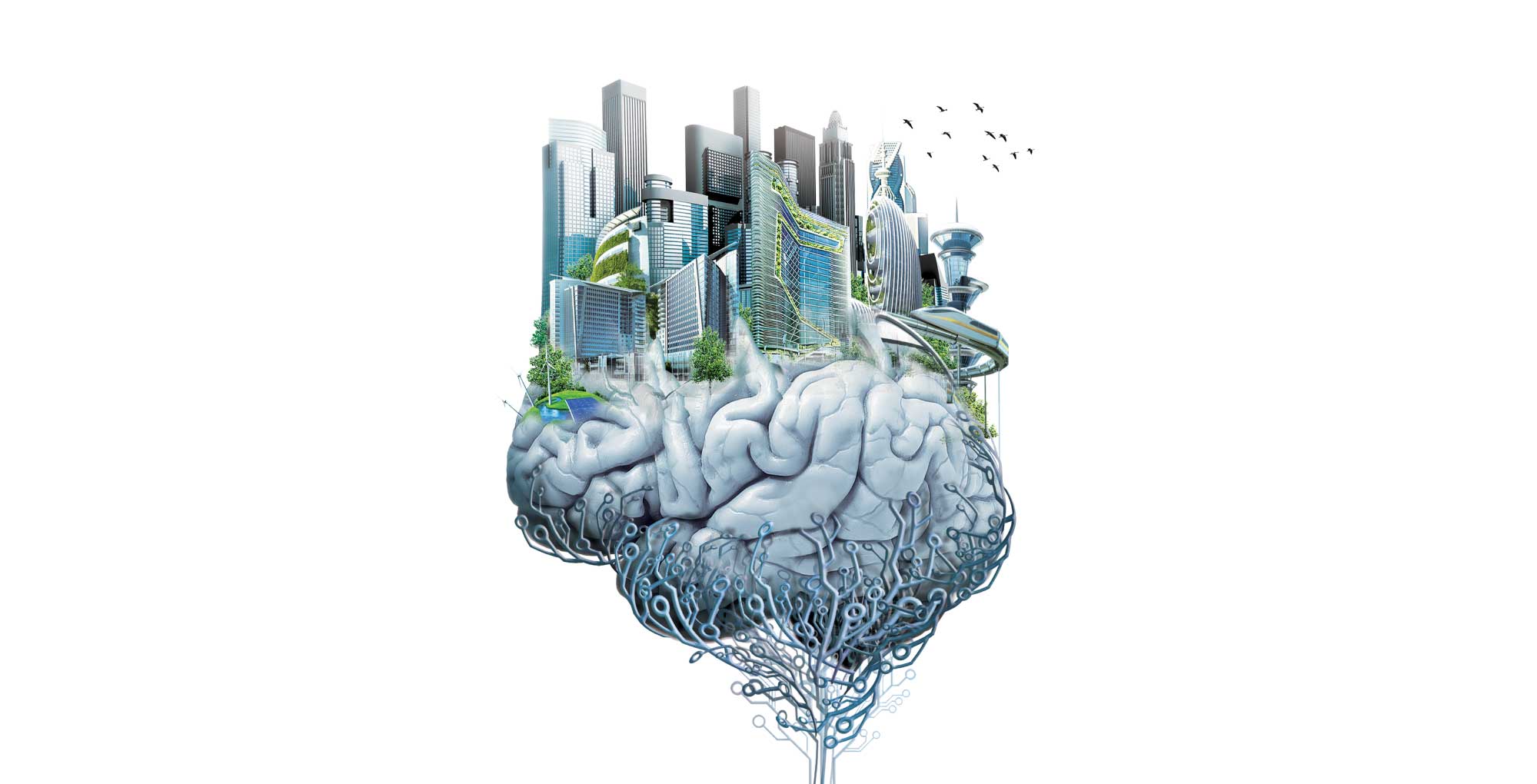Web favorites
- Casino Not On Gamstop
- Siti Scommesse Non Aams
- Casino Not On Gamstop
- UK Online Casinos Not On Gamstop
- Casino Sites Not On Gamstop UK
- Non Gamstop Casinos UK
- Best Non Gamstop Casinos UK 2025
- UK Casino Not On Gamstop
- Non Gamstop Casino UK
- Non Gamstop Casino Sites UK
- Betting Sites UK
- Casino Not On Gamstop
- Best Casinos Not On Gamstop
- Non Gamstop Online Casinos
- Non Gamstop Casino Sites UK
- Non Gamstop Casinos
- Casinos Not On Gamstop
- Meilleur Casino En Ligne France
- Gambling Sites Not On Gamstop
- Slots Not On Gamstop
- Horse Racing Betting
- Casino Non Aams Sicuri
- Meilleur Casino En Ligne Fiable
- Migliori Siti Casino Non Aams
- Bitcoin Casino
- Sites De Paris Sportifs Belgique
- Siti Non Aams Scommesse
- Migliori Siti Poker Online Italia
- Site Paris Sportif Tennis
- Sweet Bonanza Fruits Avis
- 本人確認不要 オンラインカジノ
- オンラインカジノ 稼ぐ
- Migliori App Per Casino
- Casino En Ligne
- Site Casino En Ligne
- Casinos En Ligne Fiable
- Crypto Casino Online
- Nuovi Casino Italia
- Casino En Ligne France Légal

Fast Futures
Business in a Transformative Context
We are seeing the physical world colliding with the digital world. Physical world people and businesses tend to focus on things they can see, touch, and manufacture. Even when their output exists largely in digital form (e.g. legal contracts) they still think of their world in very tangible terms. They are often comfortable with things they are familiar with, tend to think of progress in incremental ways, typically see technology as an enabler, and rarely see themselves as technology businesses.
After Brexit, artificial intelligence (AI) has become the hottest topic of debate at present. There are many ways in which this most disrespectful technology could change how we might save, spend, and invest in the future. To help understand its life-changing potential, here are 10 ways AI might impact personal banking.
How might advances in artificial intelligence impact senior level opportunities in the recruitment sector?
Prime Minister Teresa May recently shared the UK government’s vision for an increasingly artificial intelligence (AI) enabled future at the World Economic Forum in Davos: A future characterised by more research, AI deployment, automation, and jobs in the digital economy. So, this should mean more opportunities in recruitment? Not so fast.
How can those at the top ensure they and their organizations are fit for the future?
Perhaps the biggest challenge facing leaders today is to ensure they are capable of navigating themselves and their organizations through a complex and rapidly evolving future landscape. The reality is becoming clear: A good future focused leader has to have a “futurist mindset”. This means being capable of looking over the horizon on a continuous basis, and constantly adjusting our present-day actions in response to what we see. It also means acting quickly in response to new opportunities and risks - trying rapid change experiments through which we can learn and evolve. Our forthcoming guide for surviving and thriving at the helm of business, The Future Leader’s Handbook, is intended to help address these challenges in a highly practical manner. In this extract from the book, we highlight 10 key principles for ensuring that we are leading into the future and not clinging on to the past.
By Rohit Talwar
I have just taken part an extensive survey on the Future of Work, conducted for a UK government department. Below are my thoughts on what the worst-case outcomes might be for the various scenario elements of the Future of Work explored in the study. The focus is on the implications for people management and human resources (HR), and for the Civil Service (CS) Clearly, there are many possible paths to the future and a range of scenarios that could play out. As futurists, we often deliberately use these worst-case scenarios to push back on prevailing assumptions, help people think the unthinkable, and prepare for the most challenging of possibilities. Below you can find the Future of Work elements and my responses on the potential worst case scenario HR and Civil Service implications. that were outlined I’d love to hear your thoughts on the various questions posed.
In the coming decades, the planet’s most heavily concentrated populations may occupy city environments where a digital blanket of sensors, devices, and cloud connected data are orchestrated to enhance humanity’s living experience. A variety of smart concepts are forming key elements of what enable city ecosystems to function effectively – from traffic control and environmental protection to the management of energy, sanitation, healthcare, security, and buildings. In this article, we reflect on the potential personal impacts of the smart city, and its technologies, on the individuals residing there.
Artificial Intelligence, the computer science that aims to replicate the critical functions of the human mind, has increased in power and decreased in cost. SMEs are in a key position to utilise the technology to increase productivity and efficiency and bring down costs. We draw on key themes from our book The Future of Business and our upcoming release The Future of AI in Business to bring insights as to how SMEs can embrace this new technology to the best effect.
Though it has the word “human” in the title, don’t expect HR to remain immune to the impacts of automation, robotics and artificial intelligence (AI). Technology is reshaping every aspect of society, and its potential HR implications are vast and still revealing themselves. Hiring, training and record-keeping are just some of the ways technologies are set to transform the HR function.
